Summer Neighborhood Fishin’ Means Catfish
Monday, July 31st, 2017This is Passport to Texas
It’s catfish stocking season in Texas, and thanks to the Texas Parks and Wildlife Department’s Neighborhood Fishin’ program families won’t have to travel outside of the city to catch them.
Parks and Wildlife’s Inland fisheries Department began stocking catchable-sized catfish this spring in 18 Neighborhood Fishin’ lakes in Texas’ metro areas.
The Neighborhood Fishin’ program encourages people to get involved in the outdoors by creating fun, convenient, and close-to-home opportunities where families can catch fish anytime they are ready to go.
Each of the lakes will receive continuous stockings of channel catfish every two weeks through early November—with a brief pause in August. The stocking schedule ensures families looking to spend quality time fishing together outdoors can do so conveniently.
These urban area parks are the easiest places in Texas for families to catch a fish close to home. Eighty-five percent of us live near one of these small lakes and ponds. By making fishing accessible, we’re helping create a whole new generation of anglers.
To find the Neighborhood Fishin’ pond near you or to sign up for email updates, visit neighborhoodfishing.org.
The Sportfish Restoration Program Supports our series.
For Texas Parks and Wildlife, I’m Cecilia Nasti.
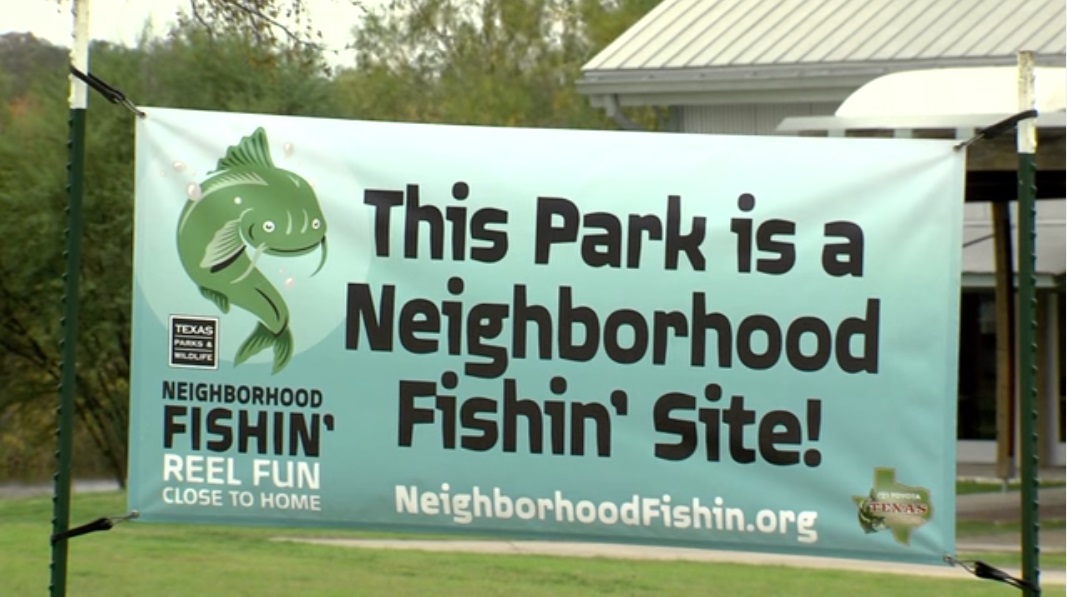

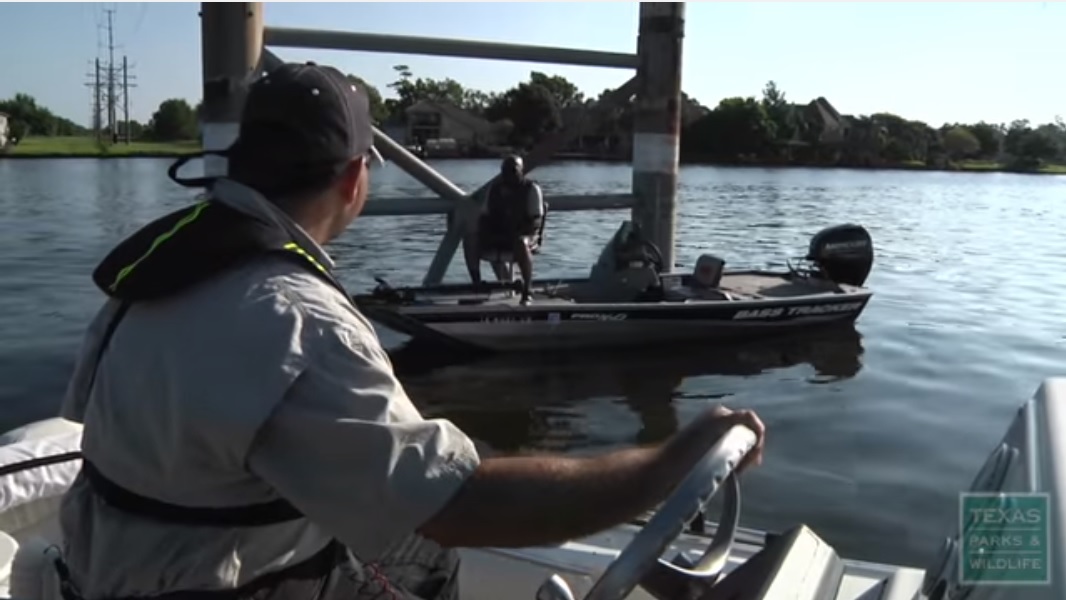
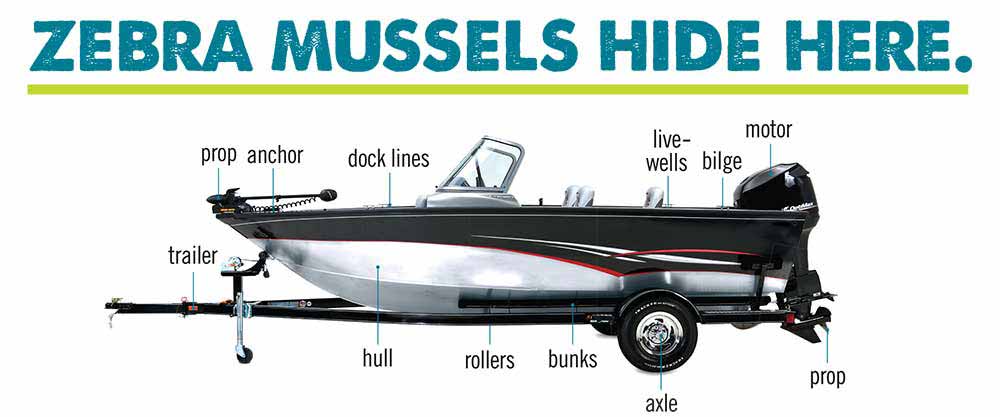
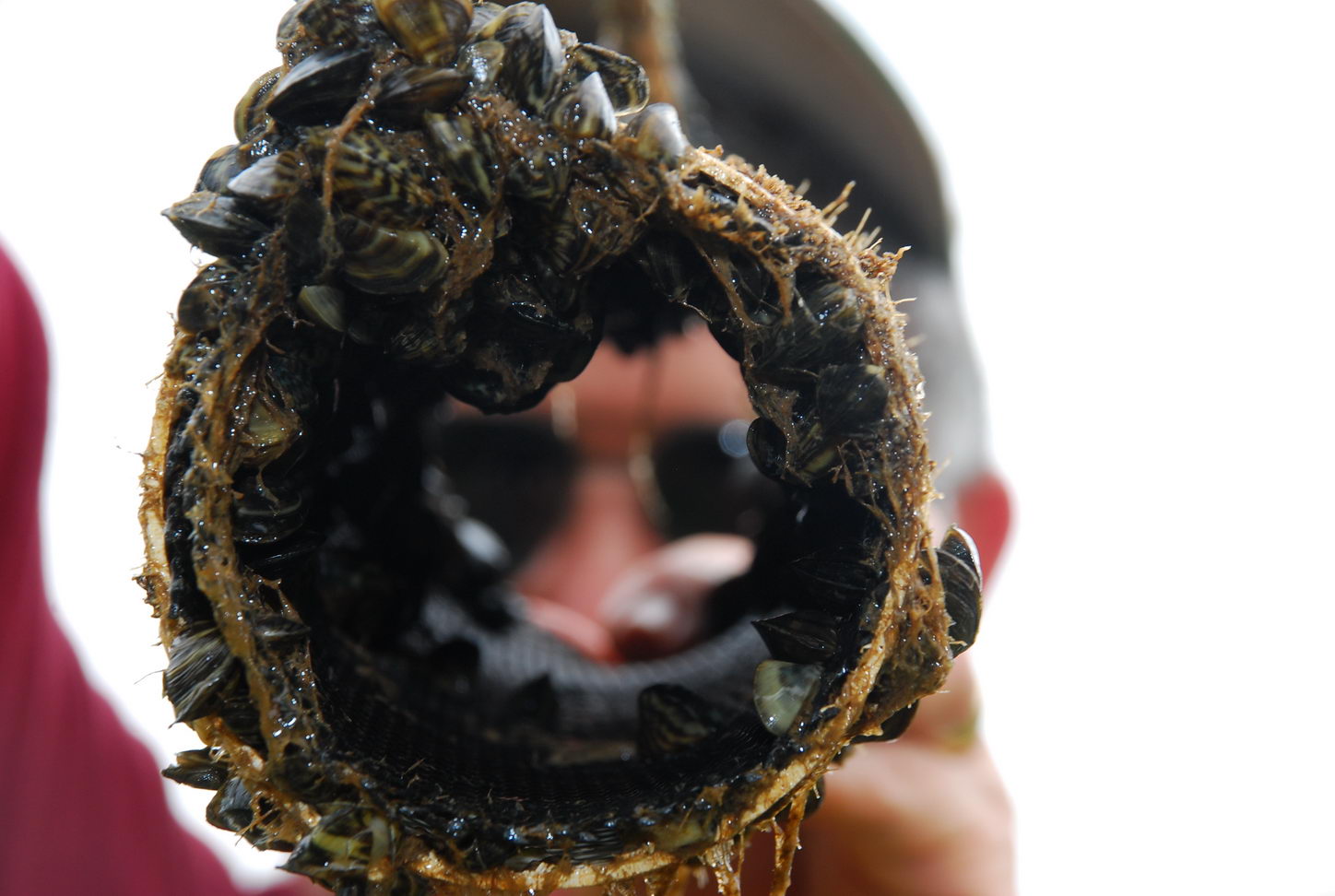
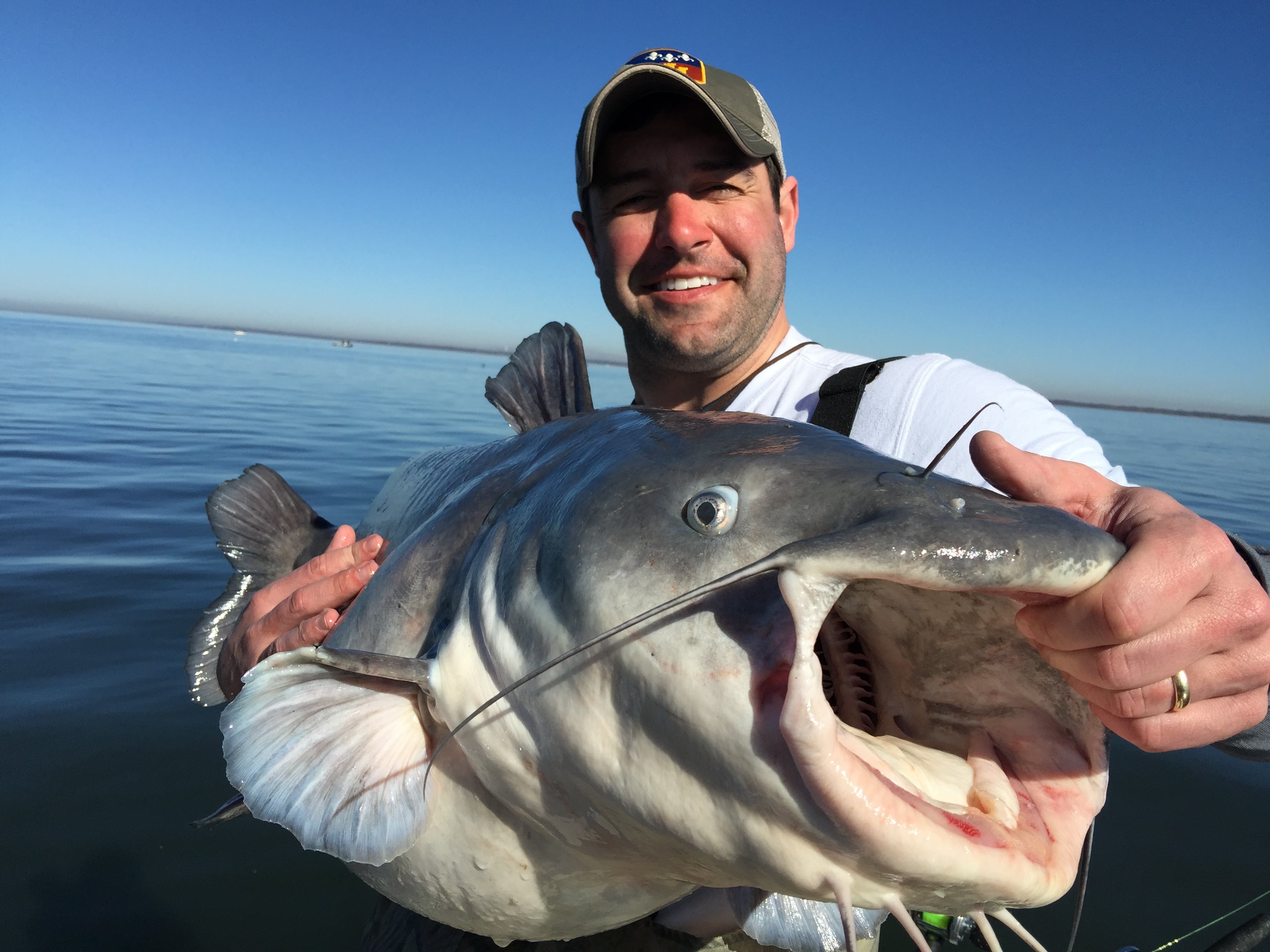

 Passport to Texas is a
Passport to Texas is a  Passport to Texas is made available by:
Passport to Texas is made available by: